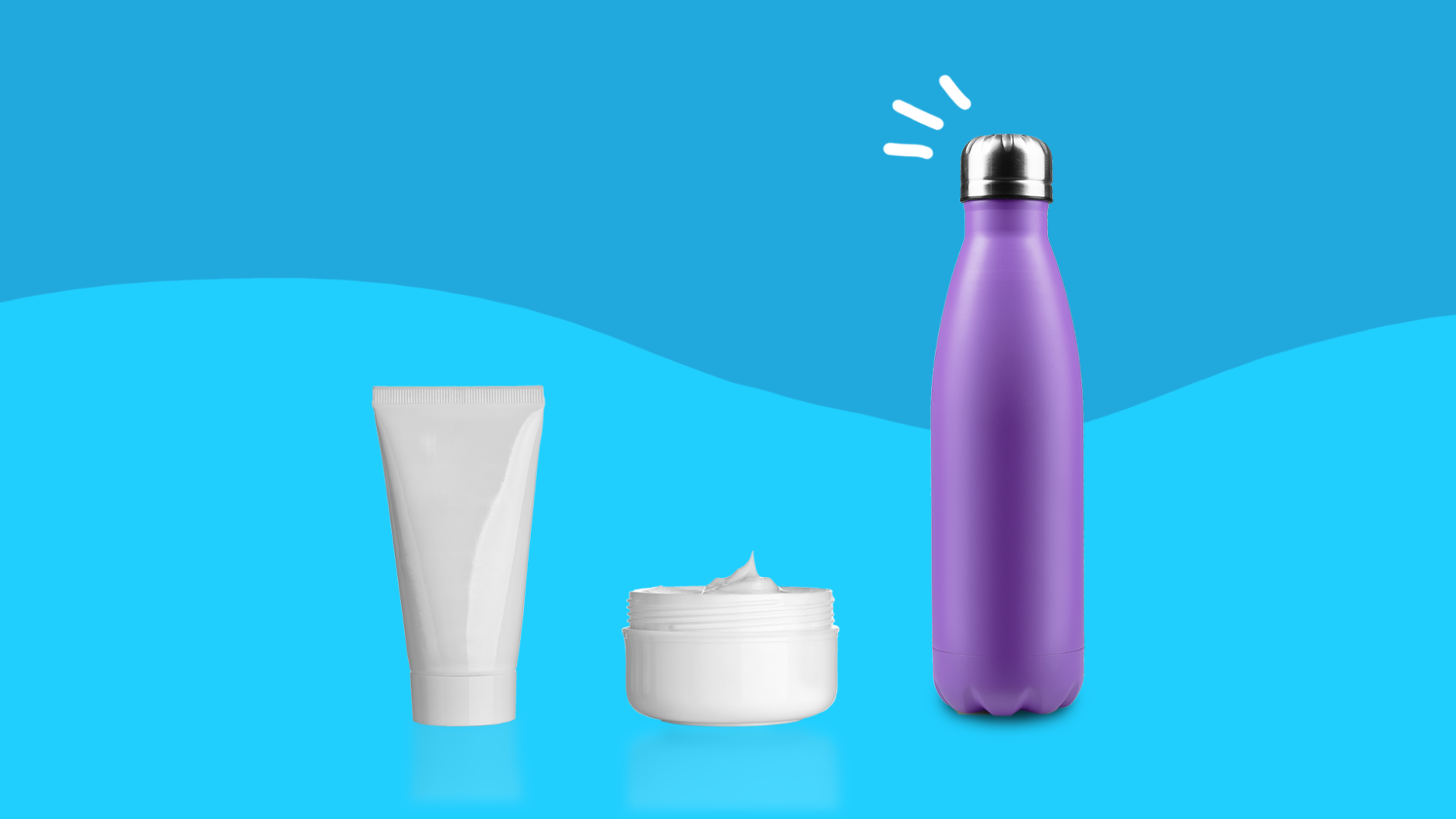Key takeaways
Certain medications like blood pressure drugs, cholesterol medications, acne treatments, wrinkle creams, and antihistamines can severely dry out the skin, especially in older adults.
Diuretics, statins, antihistamines, and acne medications such as Accutane and Retin-A are examples of drugs that cause dry skin.
Preventing or treating medication-induced dry skin involves staying hydrated, using moisturizers like Eucerin or Aquaphor on damp skin, and possibly adjusting medication use with a doctor’s guidance.
Consulting with a pharmacist annually to review medications can help identify and mitigate side effects like dry skin, and discuss potential alternatives with a doctor’s approval.
‘Tis the season for dry, itchy, winter skin. The dry, cold weather that saps the moisture out of the air also makes the water in your skin evaporate more quickly. For people who take certain medications, however, skin problems can be much worse.
Blood pressure drugs, cholesterol medications, acne treatments, wrinkle creams, and antihistamines when taken long-term, are all medications that cause dry skin. Elderly patients who take these medications are at an even higher risk for skin complications because their skin is already more fragile. They may also take multiple medications with compounding side effects. Put those blood pressure pills together with cholesterol medication and you’ve got a dry skin double whammy.
So how do you keep your skin soft and supple when your medications you need are drying you out? We checked in with some experts to find out.
Medications that cause dry skin
1. Diuretics
“Diuretics can definitely dry your skin,” says Robin Evans, MD, a dermatologist in Stamford, Connecticut. “These medications are used to treat high blood pressure, cardiac conditions, and liver and other problems that cause fluid to accumulate in the body.”
Diuretics work by helping rid your body of salt and water. These drugs help your kidneys release more sodium into your urine. The sodium carries out water from your blood, which decreases the amount of fluid flowing through your blood vessels. This brings down your blood pressure, but it also dehydrates your body. Any time your body is short on water, that results in dry skin.
2. Statins
“A popular type of high cholesterol medicine called a statin can cause skin changes including dry skin,” says Nonye Uddoh, Pharm.D., a pharmacist in Silver Spring, Maryland.
Statins can make your skin more porous, allowing more water to escape, which in turn dries your skin. In some severe cases, statins have been known to cause a dry skin rash and flaky skin that mimics eczema. Some examples of statins include Lipitor (atorvastatin), Zocor (simvastatin), Lescol (fluvastatin), Pravachol (pravastatin), and Crestor (rosuvastatin), and Mevacor or Altocor (lovastatin).
3. Antihistamines
“Other medications that can cause dry skin include antihistamines like Benadryl,” says Dr. Uddoh. There are histamine receptors in your skin, that trigger it to produce oil. Antihistamines can slow skin’s oil production, making it dryer in the process. Long-term use can result in dry, itchy skin.
4. Acne medication
Dr. Evans explains that Accutane and Retin-A are both used to treat acne, but they work in different ways. Accutane comes in a capsule and is taken orally. It is often prescribed for severe acne that hasn’t responded to other treatments. It decreases oil production in the skin, which results in dryness all over the body.
“Dry lips are the most common side effect seen with Accutane, likely seen in 100% of patients,” says Dr. Evans. “Dryness of the rest of the skin surface and other mucous membranes is also frequently seen although not in 100% of patients.”
Retin-A (What is Retin-A?), on the other hand, is a topical cream that expels your old skin cells and forces new ones to form rapidly. Dry skin patches and skin peeling are possible side effects of this medication. Dr. Evans tells us that it is “used to treat acne primarily but also has cosmetic benefits including treating fine lines and wrinkles, and also can be used to treat pre-skin cancers called actinic keratoses.”
“The formulation and strength of this prescription topical product must be selected by your dermatologist to be appropriate for your skin type,” Dr. Evans says. “If your skin is very sensitive and is rosacea prone, you may not be able to tolerate it.”
How to prevent or treat medication-induced dry skin
“Hydrate, Hydrate, Hydrate!” says Dr. Evans. “Drink a lot of water, avoid caffeine, and minimize alcohol, both of which are dehydrating.” She also recommends that patients take flaxseed oil tablets and eat at a diet rich in omega-3 fatty acids for dry skin treatment.
Dr. Uddoh agrees that hydration is important. “Patients should increase water intake until their urine runs clear.”
So, what’s the best moisturizer for dry skin? The dosage form often makes a difference. Dr. Uddoh recommends using Eucerin or Aquaphor moisturizing lotion for dry skin. These are best applied on damp skin right after a shower to help lock in moisture. Lotions are ideal for daytime use since they don’t tend to leave an unpleasant, greasy film after applied. Ointments may be considered for nighttime use as they generally have a thick consistency that is not easily rubbed off with clothing or water and can provide a sustained effect.
In the case of Retin-A, Dr. Evans says that the dosing schedule can be altered to help ease side effects like dry skin. “Retin-A can be used on a less frequent basis at the start of treatment with frequency of application increased over time as the skin tolerates it better,” she suggests. She also says that patients who experience skin irritation from Retin-A might consider using an over-the-counter treatment called retinol, but the results will be minimal.
Dr. Uddoh says that sometimes, patients might have to talk to their doctors about changing medications if dry skin—or any other side effect—becomes unmanageable. “My recommendation to everyone, especially seniors on multiple medications, is to consult with a pharmacist yearly to review your medicines, identify troublesome side effects, and initiate alternatives with your doctor’s approval.”




